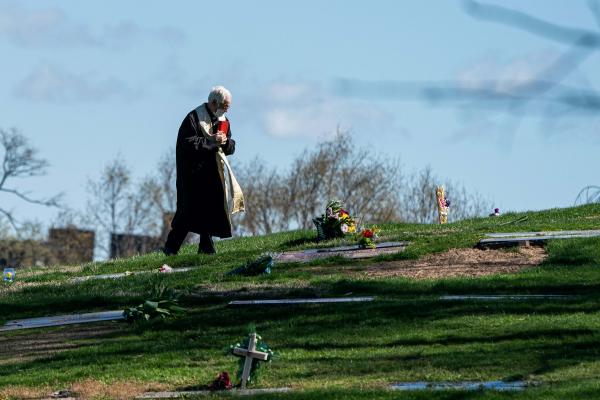Apr 15, 2020
As of April 15, more than 101,000 people worldwide have died of the novel coronavirus. In the U.S., 42 states, the District of Columbia, and Puerto Rico have issued orders for people to stay in their homes to slow the spread. But with at least 1.6 million infected globally, the mortality rate has forced an increasing number of people to confront a topic they tend to otherwise avoid: death.
Read the Full Article

Already a subscriber? Login
